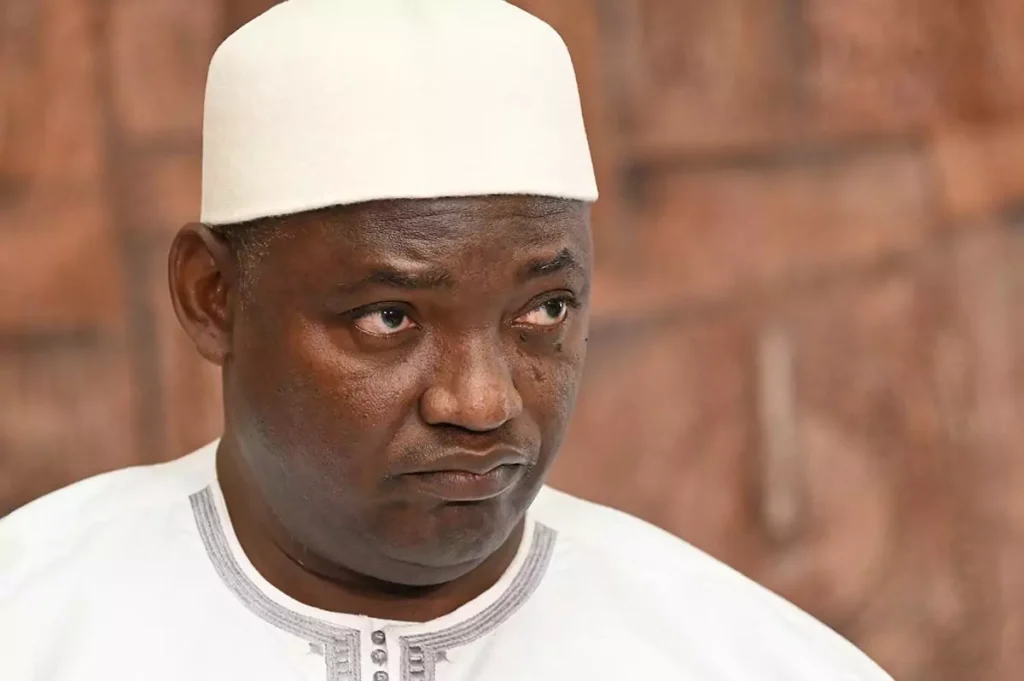President of Gambia, Adama Barrow, pledged on Thursday to uphold a 2015 ban on female genital mutilation (FGM), even as a bill before parliament could repeal the law.
Civil liberties groups and the United Nations have warned that revoking the ban would make Gambia the first country to roll back protections against “cutting,” a centuries-old ritual based on traditional ideas of sexual purity and obedience.
Nine years ago, the country approved legislation making female genital cutting a criminal offense. However, the practice has not been fully eradicated, though the government aims to end it in the Muslim-majority country by 2030.
In March, the National Assembly proposed an amendment to the law, which is now under consideration by a parliamentary commission expected to present its findings soon.
“While awaiting its outcome, the government remains committed to enforcing the prohibition of FGM in The Gambia,” Barrow said, without elaborating on potential actions if the amendment passes.
Earlier this month, US Secretary of State Antony Blinken discussed the matter with Barrow, emphasizing that Washington opposes what he termed “horrific” practices and would be “incredibly concerned” if the ban were rescinded.
According to UNICEF, FGM involves “all procedures involving the partial or total removal of the female external genitalia or other injury to the female genital organs for non-medical reasons.”
FGM often leads to serious health problems, including infections, bleeding, infertility, complications in childbirth, and impaired sexual pleasure.
The issue has divided public opinion in The Gambia for months.
UNICEF reports that Gambia is one of ten main countries where the practice continues despite the 2015 ban, with an estimated 73 percent of women and girls aged 15 to 49 having undergone the procedure.
Barrow is navigating between international pressure to uphold and enforce the ban and traditionalists who want the legislation revoked.
The UN has urged action against the practice following a March report estimating that more than 230 million girls and women worldwide are survivors of FGM.

